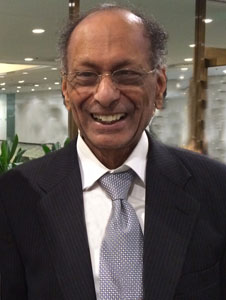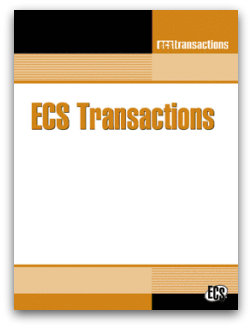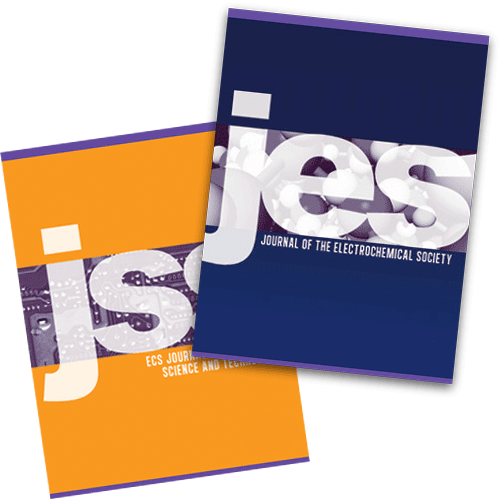A debate held at the annual Charleston Library Conference tackles the journal impact factor, with speakers looking at the metric and analyzing if it does more harm than good. The debate was moderated by Rick Anderson, Associate Dean for Collections & Scholarly Communication; and argued by Sara Rouhi, director of business development at Altmetric; and Ann Beynonn, manager at Clarivate Analytics.
A journal’s impact factor is a long-established metric intended to evaluate the relevancy of a publication by factoring the average number of times its articles were cited over the course of the prior two years. However, the metric does not reflect journals that continue to have impact long after the two year time-span.
Opening polls of the debate showed that 54 percent of all respondents believed that the impact factor does more harm than good. By the end of the debate, that number had grown to 57 percent. However, because the debate garnered a small number of attendees, the vote does not represent a true statistical significance.
Read full transcripts here.


 The
The 
 ECS Transactions 77(11) “
ECS Transactions 77(11) “
 The journal impact factors (JIFs) for 2016 have been released, and ECS is pleased to announce that the JIFs for the
The journal impact factors (JIFs) for 2016 have been released, and ECS is pleased to announce that the JIFs for the  Brett Lucht is a professor of chemistry at the University of Rhode Island, where his research focuses on organic materials chemistry. Lucht’s research includes the development of novel electrolytes for lithium-ion batteries and other efforts to improve the performance of electrolytes for electric vehicles. Lucht has recently been named associate editor for the
Brett Lucht is a professor of chemistry at the University of Rhode Island, where his research focuses on organic materials chemistry. Lucht’s research includes the development of novel electrolytes for lithium-ion batteries and other efforts to improve the performance of electrolytes for electric vehicles. Lucht has recently been named associate editor for the  ECS believes that the key to sustainability is the ability to adapt. For over
ECS believes that the key to sustainability is the ability to adapt. For over